Curriculum and Assessment Review
Overview
We're seeking views from stakeholders to share their perspective on potential improvements to the curriculum and assessment system.
Why your views matter
The call for evidence invites stakeholders to submit proposals on improving the curriculum and assessment system. This step is crucial for the review process, with the gathered material aiding the panel in making its first recommendations next year.
Note, this is not a consultation; we are not seeking views on specific recommendations yet. Instead, we want feedback on what works, what doesn’t, and potential improvements.
Other ways to respond
If, for exceptional reasons, you are unable to use the online system, such as due to compatibility issues with specialist accessibility software, you may request and complete a Word document version of the form.
By email
curriculum-assessment.review@education.gov.uk
By post
CAR Review Team, Sanctuary Buildings, Great Smith Street, London SW1P 3BT
In British Sign Language
A British Sign Language version of the call for evidence is available at: https://youtu.be/x1bdAoEMd34.
In braille
A braille version of the call for evidence is available. You will need specific software to open this attachment. If you do not have the required software, you can request the .dxb file or a hard copy by emailing curriculum-assessment.review@education.gov.uk.
As an easy read version
An Easy Read version version of the call for evidence is available. You will need to download it, fill it in, attach it to an email and send it to curriculum-assessment.review@education.gov.uk.
Audiences
- 16-18 year old students resident at these institutions
- Academies (including free schools), voluntary aided schools, voluntary controlled schools, foundation schools and community schools
- Adoptive parents
- Awarding organisations
- Bodies representing schools and local authorities
- CAMHS
- Community representatives
- Companies and organisations working in the digital industry
- Designated institutions and 16-19 academies
- Designated safeguarding leads
- Directors of children's services
- Early learning and childcare providers
- Educational Psychologists
- Employers
- Faith bodies
- Film Industry representatives
- Foster carers
- Further education colleges
- Governing bodies and academy trusts
- Government bodies and departments
- Governors
- Headteachers
- Health visitors
- Independent specialist colleges
- Local authorities
- Organisations which represent the views of computing teachers
- Organisations with an interest in the content of the computer science GCSE
- Parents
- Principle social workers
- Pupils
- School support staff
- Secondary teachers of computer science and subject leaders
- SENCOs
- Service managers
- Sixth form colleges
- Social workers
- Social workers
- Students
- Teachers
- Team managers
- Those evaluating programmes for children in need
- Those involved in underlying theoretical research on abuse and neglect, child development etc
- Those researching children’s social care or education systems, with links to educational outcomes of Children in Need
- Training providers
- Unions and representative organisations
- Universities
- Virtual school heads
- Young people
Interests
- Academies
- Accountability
- Care leavers and former looked-after children
- Education
- Film Industry and skills
- GCE AS and A level subject content
- GCSE subject content
- Key stage 1
- Key stage 2
- National Curriculum
- Participation of young people in education, employment and training
- Post 16 Qualifications
- Primary assessment
- Programmes and initiatives (Looked after children)
- Sex and relationships education
- Teacher assessment
- Teaching and learning (SEND)


Share
Share on Twitter Share on Facebook